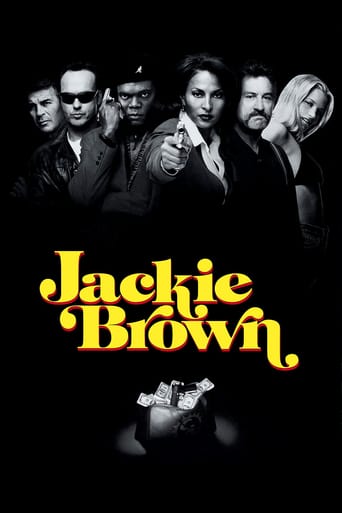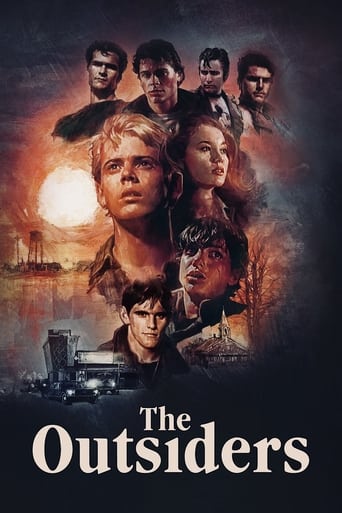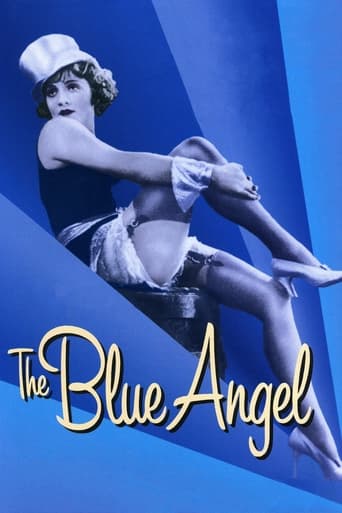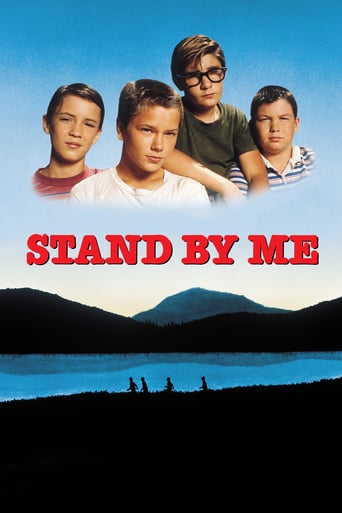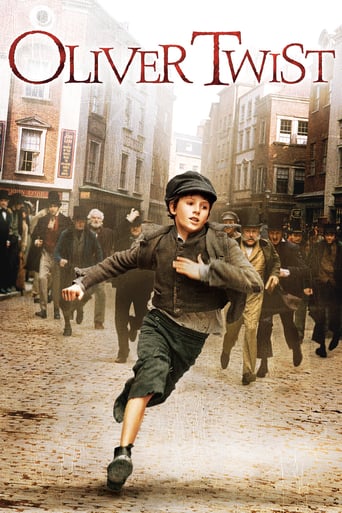
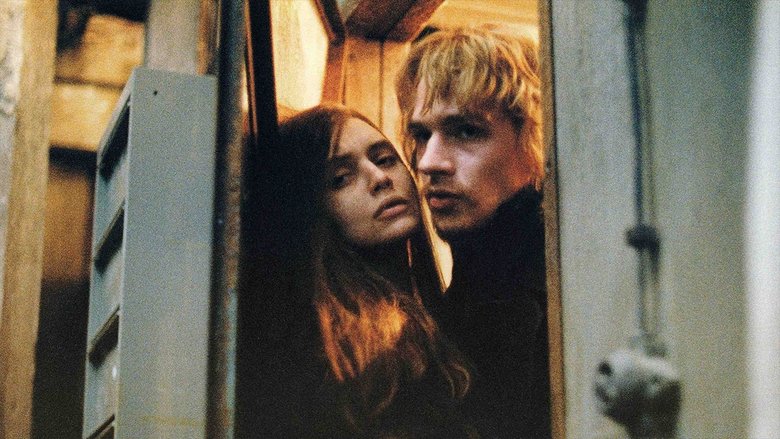
Pola X (1999)
A writer leaves his upper-class life and journeys with a woman claiming to be his sister, and her two friends.
Watch Trailer
Cast


Similar titles
Reviews
If you don't like this, we can't be friends.
At first rather annoying in its heavy emphasis on reenactments, this movie ultimately proves fascinating, simply because the complicated, highly dramatic tale it tells still almost defies belief.
This is a gorgeous movie made by a gorgeous spirit.
Each character in this movie — down to the smallest one — is an individual rather than a type, prone to spontaneous changes of mood and sometimes amusing outbursts of pettiness or ill humor.
No one would ever question that director Leos Carax is a genius, but what we wonder about is: is he an insane genius? So many people hated this film! I am normally the first person to accuse many French directors of making offensive, boring, disgusting and pretentious films (such as the horrible recent film 'L'Enfant' and the pointless and offensive 'Feux Rouges'). But strangely enough, I actually think that 'Pola X' is an amazing film, made with great skill and passion by a master of his craft, and containing remarkable performances. The film does carry melodrama to more extreme lengths than I believe I have ever seen on screen before. But then, Carax is extreme, that we know. The film also contains what I consider way over-the-top Trotskyite or Anarchist fantasies and wet-dreams, what with a mysterious group of young men training to fire machine guns at the bourgeoisie in between playing Scott Walker's rather fascinating music in a band which has its recording sessions in an abandoned warehouse filled with squatters and fires burning in old steel barrels. Guillaume Depardieu plays a rich young man in a château (whose step-mother is Catherine Deneuve, and he wanders into her bathroom while she is naked in the bath, by the way). But he suddenly 'snaps' completely when he discovers that his deceased father, a famous diplomat, had fathered an illegitimate daughter who had been effectively disposed of by Deneuve as an inconvenience. This is because the sister suddenly turns up as a kind of Romanian refugee with wild dishevelled hair, expressionless face, and little ability to speak French coherently. Depardieu then transforms himself into a 'class hero' of the far left and wants to kill or destroy his family for their hypocrisy and corruption, and lives in squalor and extreme poverty, while scorning a vast inheritance. He then commences an incestuous sexual relationship with his half-sister, which is shown in an explicit sex scene which has offended many people, though I have no objection to it, as I think people are far too hysterical about sex, especially in America, where apparently it never happens. The intensity of the acting and the filming make this unlikely scenario come off as an experience of powerful, if depressing, hyper-melodrama. The differences between Carax making an extreme film like this and the numerous extreme French films which I think are pretentious and disgusting are (1) that Carax is an excellent filmmaker, and (2) he is seriously attempting to explore a meaningful, if harrowing, extreme emotional condition, whereby a human being disintegrates and turns against his background. Many would say that the extreme elements in this film were gratuitous, but I don't agree. I believe Carax was genuine, and was not making an exploitation picture at all. It is very difficult to defend a man who goes that far and who, for all I know, may be a complete madman, but I believe he deserves defending for this remarkable cinematic achievement.
I want very much to believe that the above quote (specifically, the English subtitle translation), which was actually written, not spoken, in a rejection letter a publisher sends to the protagonist, was meant to be self-referential in a tongue-in-cheek manner. But if so, director Leos Carax apparently neglected to inform the actors of the true nature of the film. They are all so dreadfully earnest in their portrayals that I have to conclude Carax actually takes himself seriously here, or else has so much disdain for everyone, especially the viewing audience, that he can't be bothered letting anyone in on the joke.Some auteurs are able to get away with making oblique, bizarre films because they do so with élan and unique personal style (e.g., David Lynch and Alejandro Jodorowsky). Others use a subtler approach while still weaving surreal elements into the fabric of the story (e.g., Krzysztof Kieslowski, and David Cronenberg's later, less bizarre works). In Pola X, Carax throws a disjointed mess at the viewer and then dares him to find fault with it. Well, here it is: the pacing is erratic and choppy, in particular continuity is often dispensed with; superfluous characters abound (e.g., the Gypsy mother and child); most of the performances are overwrought; the lighting is often poor, particularly in the oft-discussed sex scene; unconnected scenes are thrust into the film for no discernible reason; and the list goes on.Not to be completely negative, it should be noted that there were some uplifting exceptions. I liked the musical score, even the cacophonous industrial-techno music being played in the sprawling, abandoned complex to which the main characters retreat in the second half of the film (perhaps a reference to Andy Warhol's 'Factory' of the '60s?). Much of the photography of the countryside was beautiful, an obvious attempt at contrast with the grimy city settings. And, even well into middle-age, Cathering Deneuve shows that she still has 'it'. Her performance was also the only one among the major characters that didn't sink into bathos.There was an earlier time when I would regard such films as "Pola X" more charitably. Experimentation is admirable, even when the experiment doesn't work. But Carax tries nothing new here; the film is a pastiche of elements borrowed from countless earlier films, and after several decades of movie-viewing and literally thousands of films later, I simply no longer have the patience for this kind of unoriginal, poorly crafted tripe. At this early moment in the 21st century, one is left asking: With the exception of Jean-Pierre Jeunet, are there *any* directors in France who know how to make a watchable movie anymore? Rating: 3/10.
At times I really wonder when I look at the comments here it seems as if most people have seen a completely different film than I have. I've just seen it... and liked it. Not in the way, that it made me happy, but in the way of having seen a good film!The film needs some patience, yes. And yes, the main character is REALLY annoying, but that I'm sure is by intention.Maybe it really makes a difference if you watch this film in a cinema or at home. Most people watch films at home like they are listening to elevator music. This movie definitely doesn't fit as background noise.And no. Good directing doesn't mean having five laughs or explosions a second. Good directing means following your subject and keeping the story and actors together. And while that doesn't work out perfectly, at least I think it works quite good.I liked the photography and sets, even if they brink on the surreal at times. The opening scene is really special.I also liked the acting Guillaume Depardieu is NOT playing Pierre. He is acting the role of a Pierre who is himself playing a role! Pierre is not the romantic hero that he so hard tries to be, he is a presumptuous and self-righteous idiot, a downright weakling who by and by harms all the people he claims to protect. That even his love for truth is simply a pose is beautifully demonstrated by his ongoing lying and not even once asking questions or explaining himself.People are wondering where this or that person came from and other stuff: No character who is seen for more than two scenes is left unexplained, there is enough information scattered throughout the film on everyone.And even the strange building begins to make sense as soon as the target practicing is seen: Remember that Isabelle fled from a war zone - and obviously this is a refuge for fighters in a civil war, most likely Bosnia (which was still going on, when the film was produced). At least that's what is hinted at by the story Isabelle tells Pierre when she first meets him and by the later scene where Pierre shows Isabelle the book with his father on the cover, which is surrounded by books on Bosnia.
The X in Pola X refers to the fact that this was apparently the tenth version of the script - and after going through the two-hour ordeal of watching this confused, pretentious, would-be art-house piece of nonsense, I would hate to see any of the other nine versions.The plot? Never mind, it goes something like this: a depressed French writer sees a woman one and (for whatever reason is beyond me) thinks she is his sister. He follows her to Paris, joins a Yugoslavian trash/noise orchestra, the members of which live in a dilapidated industrial building, and becomes a sick and destitute cliché of an auteur. Finally, the woman gets run over by a lorry, which was greeted with enthusiastic applause by the (by then exasperated) cinema audience. It will probably start making sense after you've had your sixteenth gin and tonic.I suppose most viewers went to see this film because a) the director, Leos Carax, made the altogether wonderful "Les Amants de Pont-Neuf" a couple of years earlier, or b) it reportedly featured a steamy, real-life sex scene between the two main characters. "Les Amants" was indeed a true masterpiece, which makes Pola X an even more monstrous disappointment. The love scene was ill-lit, hugely embarrassing, and about as entertaining or sensual as watching white paint dry. Come to think of it, I would probably find the paint more arousing.I saw several viewers leave the audience during the film, and those who did stay until the end were obviously quite happy it was over. By the time the third line of the end credits appeared on the screen, everybody had fled the cinema. Even if you have a flair for French cinema, don't go anywhere near this.





